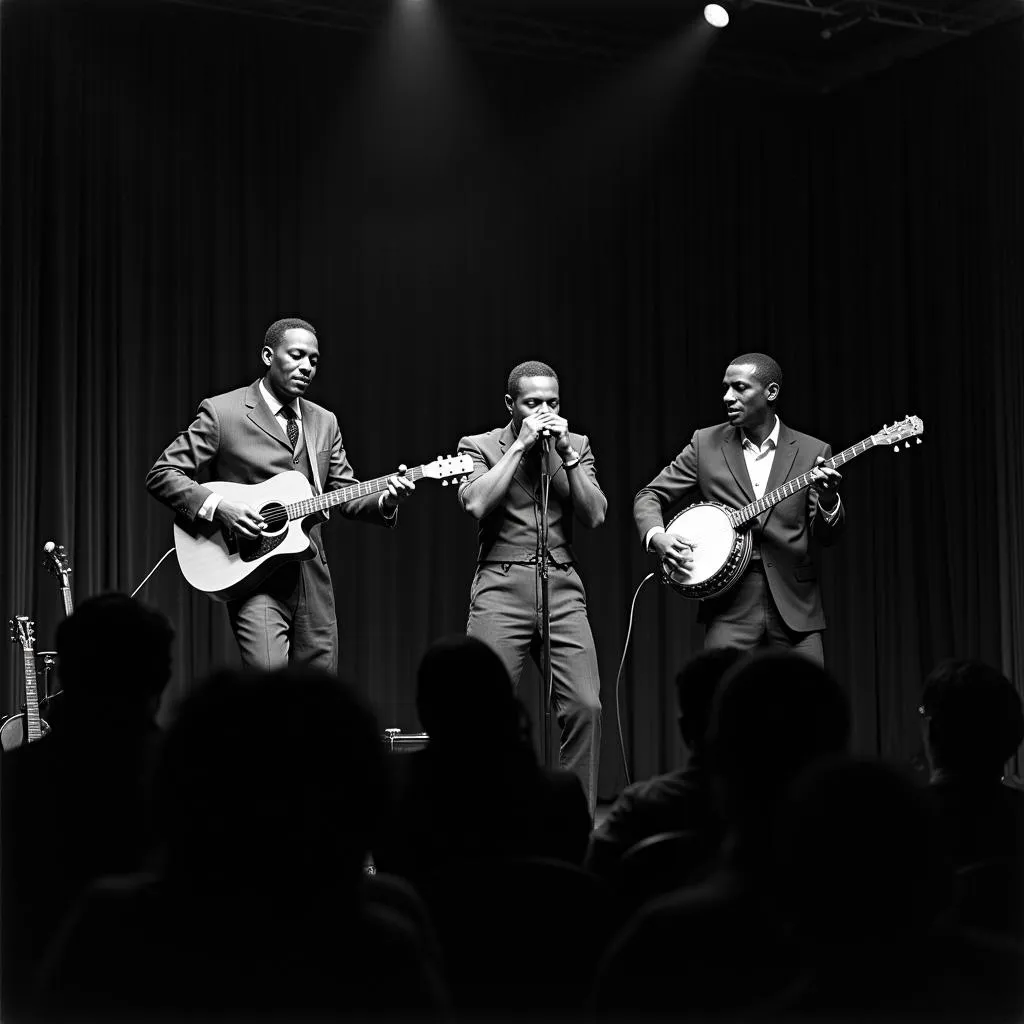The Enduring Legacy of African American Songwriters
From Spirituals to the Blues: The Roots of African American Music
The roots of African American music can be traced back to the era of slavery, where spirituals emerged as a source of solace and hope for enslaved Africans. These heartfelt songs, often characterized by call-and-response patterns and powerful vocal harmonies, reflected the hardships and yearning for freedom that defined their existence. Spirituals not only provided spiritual sustenance but also served as coded messages of resistance and longing for liberation.
As African Americans transitioned from slavery to freedom, the blues emerged as a poignant expression of their lived experiences in the post-Emancipation era. Originating in the rural South, the blues gave voice to the struggles, joys, and heartaches of everyday life, capturing the essence of love, loss, poverty, and discrimination. Legendary blues musicians like Ma Rainey, Robert Johnson, and Bessie Smith poured their hearts and souls into their music, laying the foundation for future generations of musicians.
 African American blues musicians performing on stage
African American blues musicians performing on stage
The Jazz Age and the Harlem Renaissance: A Creative Explosion
The turn of the 20th century witnessed a cultural and artistic renaissance in African American communities, particularly in Harlem, New York. The Harlem Renaissance, as it came to be known, was a period of unprecedented creative outpouring, encompassing literature, art, music, and dance. Jazz, with its improvisational nature, syncopated rhythms, and blend of African and European musical traditions, became the soundtrack of this vibrant era.
Pioneering jazz composers and musicians like Duke Ellington, Louis Armstrong, and Ella Fitzgerald captivated audiences with their virtuosity and innovation, pushing the boundaries of musical expression. Their contributions not only revolutionized jazz but also influenced countless other genres, cementing their place as icons of American music.
The Rise of R&B and Soul: Amplifying the Black Experience
The mid-20th century witnessed the rise of rhythm and blues (R&B) and soul music, genres deeply rooted in the African American experience. Drawing inspiration from blues, gospel, and jazz, R&B and soul music gave voice to the social and political changes sweeping across America during the Civil Rights Movement.
Legendary artists like Ray Charles, Aretha Franklin, and Sam Cooke used their music to address issues of racial equality, social justice, and black pride. Their powerful vocals, soulful melodies, and socially conscious lyrics resonated deeply with African American audiences, providing both solace and inspiration during a time of profound transformation.
 An African American soul singer performing live on stage
An African American soul singer performing live on stage
Hip-Hop: A Voice for the Marginalized
Emerging in the 1970s from the streets of the Bronx, New York, hip-hop became a powerful form of self-expression for marginalized communities, particularly African American youth. Characterized by its rhythmic spoken word delivery (rap), intricate DJing techniques, and vibrant graffiti art, hip-hop provided a platform for social commentary, storytelling, and artistic innovation.
Pioneers like Grandmaster Flash and the Furious Five, Run-DMC, and Public Enemy used hip-hop to address issues of police brutality, racial inequality, poverty, and inner-city life. Their music challenged the status quo, gave voice to the voiceless, and sparked a cultural movement that continues to resonate globally.
The Evolution Continues: From Neo-Soul to Contemporary R&B
The legacy of African American songwriters continues to evolve and inspire new generations of musicians. From the neo-soul movement of the 1990s, spearheaded by artists like D’Angelo, Erykah Badu, and Lauryn Hill, to the contemporary R&B sounds of Beyoncé, Kendrick Lamar, and Frank Ocean, African American musicians continue to push the boundaries of musical innovation, addressing contemporary social issues, and captivating audiences worldwide.
Conclusion: A Legacy of Innovation and Inspiration
The contributions of African American songwriters to the world of music are immeasurable. From the poignant melodies of the blues to the infectious rhythms of hip-hop, their music has reflected the complexities of the African American experience, inspired social change, and left an enduring legacy on the global music landscape. Their creative genius continues to inspire and influence generations of musicians, ensuring that their voices will continue to be heard for generations to come.

